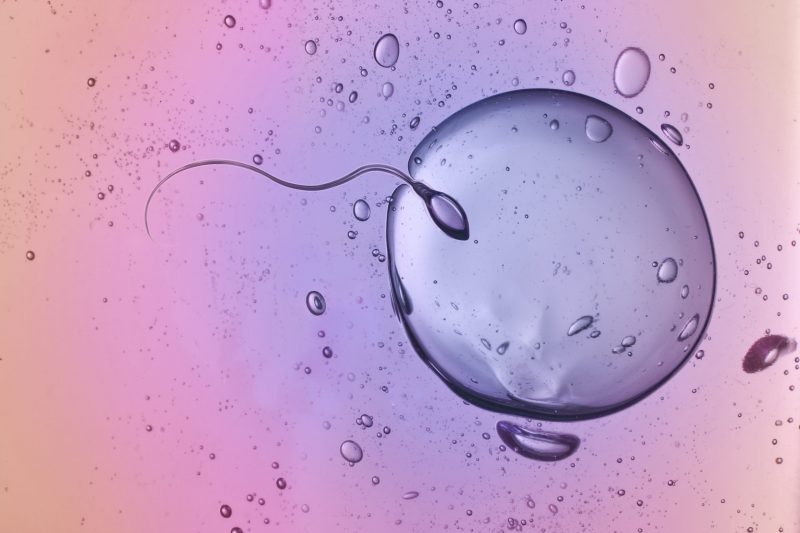If you’re
TTC or thinking of freezing your eggs for use in the future, both the quality and quantity of your eggs are important. But of the two, as long as you have some follicles and are able to respond to ovarian stimulation medications, quality is more important.

As women get older, more of their eggs have abnormal chromosomes, which is a major cause of miscarriages and of IVF cycle failure. While there isn’t a single way to assess egg quality, some simple blood tests and an ultrasound will help your fertility specialist determine if IVF may work for you or if you are a good prospect for egg freezing.
Day 3 FSH and Estradiol
The most basic blood test for a woman’s fertility, blood is drawn on the third day of your menstrual cycle and the levels of follicle stimulating hormone (FSH) and estradiol are measured. FSH helps control your ovaries’ production of eggs. If the level of FSH is high, this may be an indication of poor egg quality and quantity. Estradiol is the primary female sex hormone and a form of estrogen. High levels of estradiol may also indicate poor egg quality and quantity, or that estradiol is suppressing your body’s production of FSH, which may make it harder for your ovaries to respond to fertility medications. Low levels may be a symptom of polycystic ovary syndrome or hypopituitarism.
Anti-Mullerian Hormone (AMH)
AMH is a hormone produced by the dormant follicles on your ovaries. A higher level of AMH means you have a larger pool of eggs (your ovarian reserve). It’s another way to assess ovarian reserve. Your AMH level can be taken at any time, since it doesn’t fluctuate with your menstrual cycle.
Transvaginal Ultrasound
A transvaginal ultrasound lets your reproductive endocrinologist see the number of resting follicles on your ovaries. These are eggs which could potentially mature and be released. A larger number of follicles is another indicator that your ovarian reserve is normal, while a small number means you may have problems with egg quality and quantity.
Clomid Challenge
If your day 3 FSH and estradiol levels are not in the normal range for fertility, your doctor may recommend a Clomid challenge test, also known as a clomiphene citrate challenge test (CCCT). It’s also sometimes used in women who are 38 or older before starting IVF treatment. The test measures how your body responds to stimulation with Clomid, a fertility medication, as a means to evaluate your ovarian reserve. A blood test measures FSH levels on day 3 of your cycle, then you take Clomid on days 5 through 9. Then your FSH is retested on day 10. A poor response to the Clomid challenge test may indicate you would have a poor response to the fertility medications used in IVF, and also is a sign that your eggs may be of lower quality and quantity.
Age
A major indicator of what your egg quality is likely to be isn’t a test at all, but is the greatest influence on egg quality—your age. As a woman becomes older, she’s at increased risk for her eggs to have abnormal chromosomes. A woman’s fertility declines slowly until she reaches age 30. The rate of decline becomes steeper, and then accelerates at age 35 and even more at age 40, until at 45 there is almost no chance of having viable eggs. This is why women who are thinking about egg freezing are advised to freeze them by age 35.The good news is, these tests will help your fertility specialist personalize your treatment plan and give you a realistic assessment of whether fertility treatment with your own eggs is likely to work for you.
 As women get older, more of their eggs have abnormal chromosomes, which is a major cause of miscarriages and of IVF cycle failure. While there isn’t a single way to assess egg quality, some simple blood tests and an ultrasound will help your fertility specialist determine if IVF may work for you or if you are a good prospect for egg freezing.
As women get older, more of their eggs have abnormal chromosomes, which is a major cause of miscarriages and of IVF cycle failure. While there isn’t a single way to assess egg quality, some simple blood tests and an ultrasound will help your fertility specialist determine if IVF may work for you or if you are a good prospect for egg freezing.


